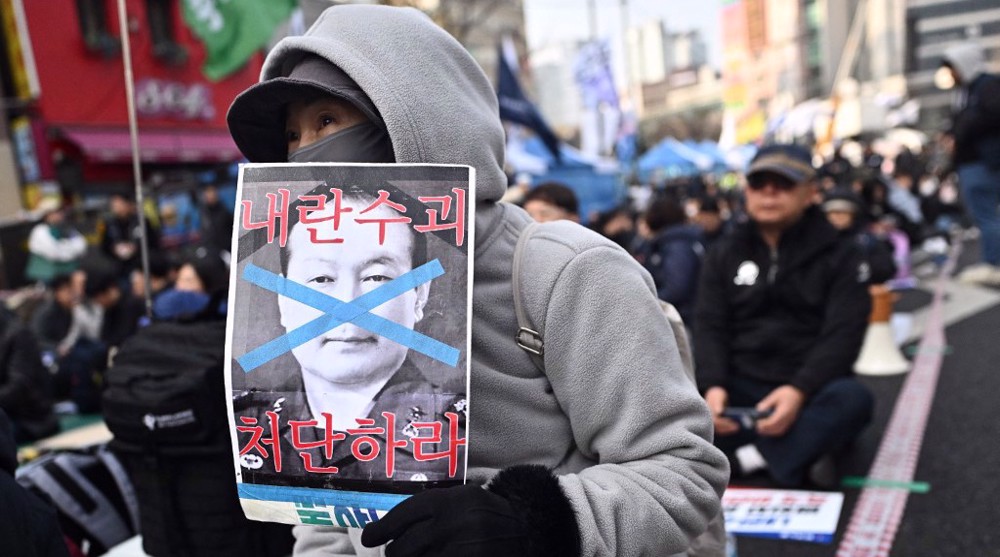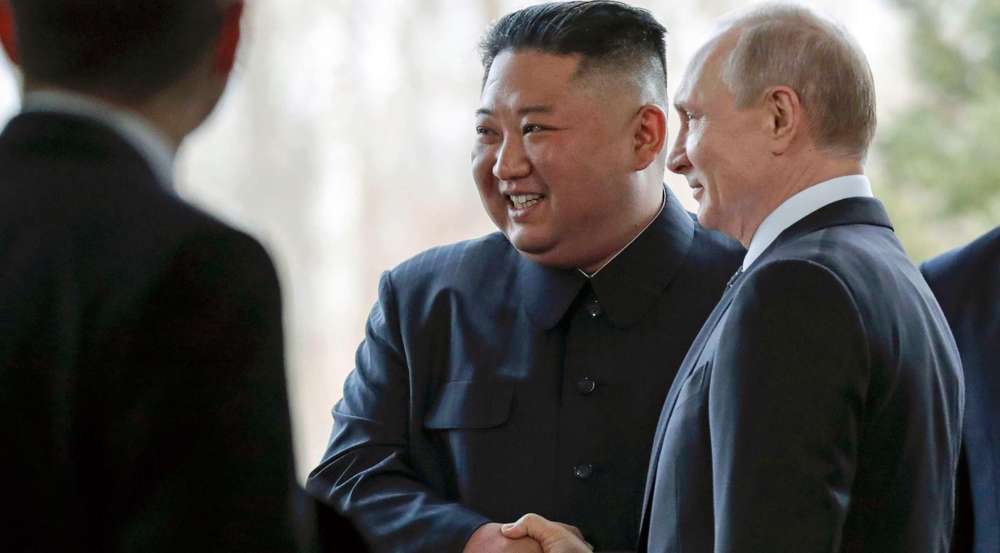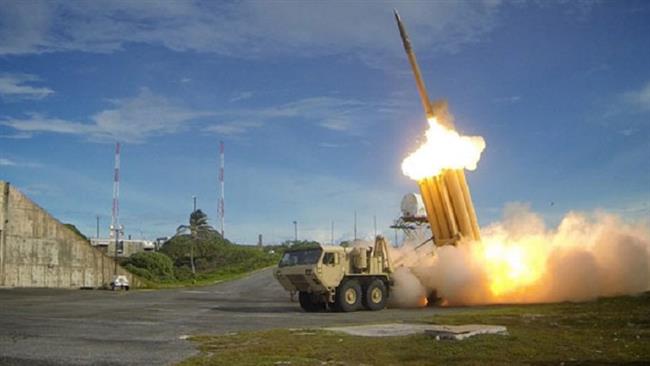China taking indirect retaliatory action against THAAD deployment in S Korea: Seoul
South Korea says China is taking “indirect action” against Seoul’s months-long decision to deploy a US advanced missile system on its territory.
South Korea’s Finance Minister Yoo Il-ho made the claim on Thursday, some six months after Seoul announced that it had reached an agreement with Washington to install the US Terminal High Altitude Area Defense (THAAD) system, a controversial move that provoked China’s vehement opposition.
“China is officially denying it, but we feel their actions are linked and that there have been indirect responses taken,” he further claimed at a news conference at the ministry’s headquarters in Sejong City, south of Seoul.
“It’s hard to ask them what they’re up to when they have been denying it officially,” Yoo added.
Beijing recently rejected requests by South Korean carriers to operate charter flights between the two Asian nations, a move that has been interpreted by some as a response to the deployment of the THAAD.
On Sunday, Yoo said the government was looking into whether China’s decision to block charter flights was a retaliatory measure against the installment of the anti-missile system.
In response to Yoo’s comments, Chinese Foreign Ministry spokesman Geng Shuang said at a regular press briefing on Friday that Beijing has an “open and positive attitude” toward trade ties with Seoul, but that “this requires a foundation of close friendship.” He made no further comments.
Seoul and Washington claim the THAAD missile system, to be deployed late this year, is intended to counter perceived threats posed by the North Korean missile and nuclear programs.
China says issues with North Korea should be resolved through dialog, not escalatory military countermeasures such as the deployment of the THAAD.
The announcement of the system’s deployment has also triggered many protests within South Korea itself.

South Korea's court removes president over martial law controversy

Official: Russia preparing for visit by North Korean leader

'Unprecedented damage': 24 killed in South Korea's worst wildfire
VIDEO | Syrian protesters condemn Israeli aggression in Gaza
US judge rules for Mahmoud Khalil’s deportation over his pro-Palestinian views
VIDEO | Massive Friday protests in Yemen: Call for end to US, Israeli aggressions
Leaked docs. expose Israeli censorship campaign to erase pro-Palestinian content online
Yemen targets Israeli military sites in Jaffa in retaliation for Israel’s Gaza genocide
Leaked emails show German officials pressing staff into deporting pro-Palestine activists
Thousands of Pakistanis rally to censure Israeli crimes in Gaza
‘Gaza is not alone’: Yemenis hold million-man protests to show solidarity with Palestinians










 This makes it easy to access the Press TV website
This makes it easy to access the Press TV website